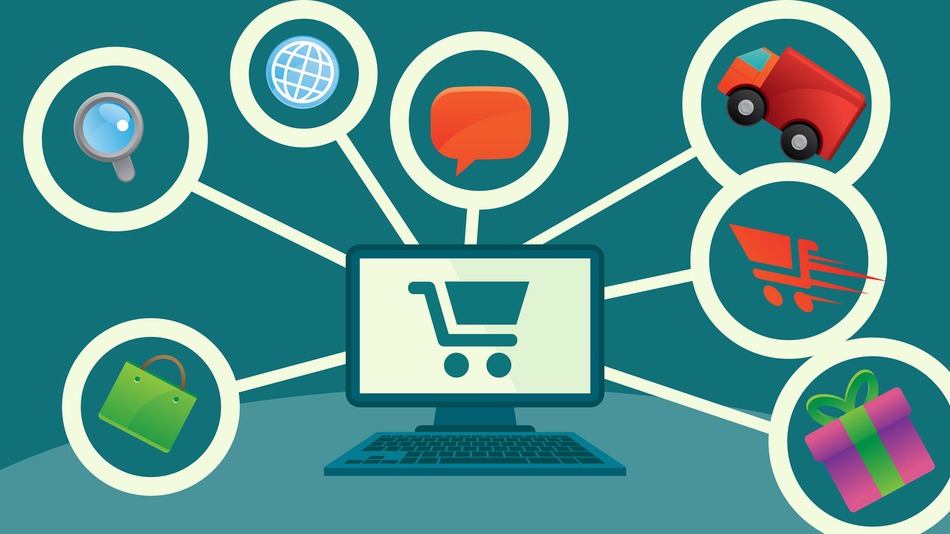
Ever since the concept of eCommerce saw daylight, its popularity has increased in leaps and bounds. In fact, over the years eCommerce has turned out to be the most lucrative as well as the most user friendly business solution. Technically speaking, the concept of eCommerce solution is based upon a single application that supports an ecosystem of multiple related applications, and a core technology that supports a converged set of a number of physical as well as virtual channels.
Why Oracle?
Naturally, when it comes to building an effective platform for any eCommerce website, it is imperative to opt for a robust and specialized up-front design that is powered by a stout and highly scalable technology. Large Scale eCommerce sites of today need hundreds and at times, even more (even thousands) CPU cores to deal with a huge volume of data. This is to say the least, an immensely uphill task and here is where the contribution of Oracle database makes all the difference.
The Ecommerce solutions from Oracle come up with some of the most favored and trusted commercial capabilities, which power the most adored and sought-after brands. These solutions constantly deliver a consistent as well as customized cross-channel purchasing experience across all the available touch points that include contact centers, web, mobile devices, brick and mortar stores, different social media sites and the likes.
Besides, Oracle comes up with various specific elements that are required to design and develop a holistic eCommerce solution. Also, it offers integrated SaaS (Software-As-A-Service) commerce services that lend a tinge of flexibility and the intellect of targeting the right customers at the right nick of time, with the appropriate kind of channel to ensure high-value sales at the end of the day. It is these services that the eCommerce Companies need for interacting and luring more customers at each point of interaction (PoI) through certain personalized or customized recommendations and promotions, backed by guided assistance.

Some of the key elements of Oracle that can be exploited for setting up a seamless eCommerce solutions are:
ATG Web Commerce
This particular eCommerce solution is designed to personalize the customers’ journey by helping them with customized sites as well as product content, personalized search, and optimization of the end execution through tailor-made recommendations and assistance, and returning relevant answers, thus maximizing customer engagement.
The platform also increases the agility through a thorough site administration and a successful merchandising process, and delivering customized brand experience and leveraging the social data. It is available either as hosted on-demand solution or a licensed solution.
Oracle Endeca
This helps eCommerce companies to deliver personalized cross channel customer experience. Irrespective of the time and location, the solution analyzes, delivers, and targets appropriate content for the appropriate customer and lure them into clicking and thus, generating business results.
It integrates relevant data as well as content from a range of technologies, thus resulting in more dynamic and cross-channel buying experience.
Applications
Even if the technical aspects are left out, a simple bird’s eye view on various eCommerce solutions would suggest that Oracle is and has to be the right choice. Right from managing huge volumes of data to the content management activity process, Oracle is more reliable than any of the available industry solutions.
Integration with Oracle EPM results in a seamless maintenance of database all throughout the eCommerce platform, which at the end of the day helps businesses to serve the customized needs of the consumers and at the end of the day.
Security is another issue that needs to be taken care of. It is the Oracle Enterprise Management System that helps businesses to secure and safeguard all the external e-commerce storefronts.
Other aspects that are taken care of by Oracle Enterprise Management System includes the overall real-time performance, navigation, shipping issues, issues relating to duties, taxation and customs, quote status, business applications, advanced segmentation, reporting data analytics, and multisite architecture.






